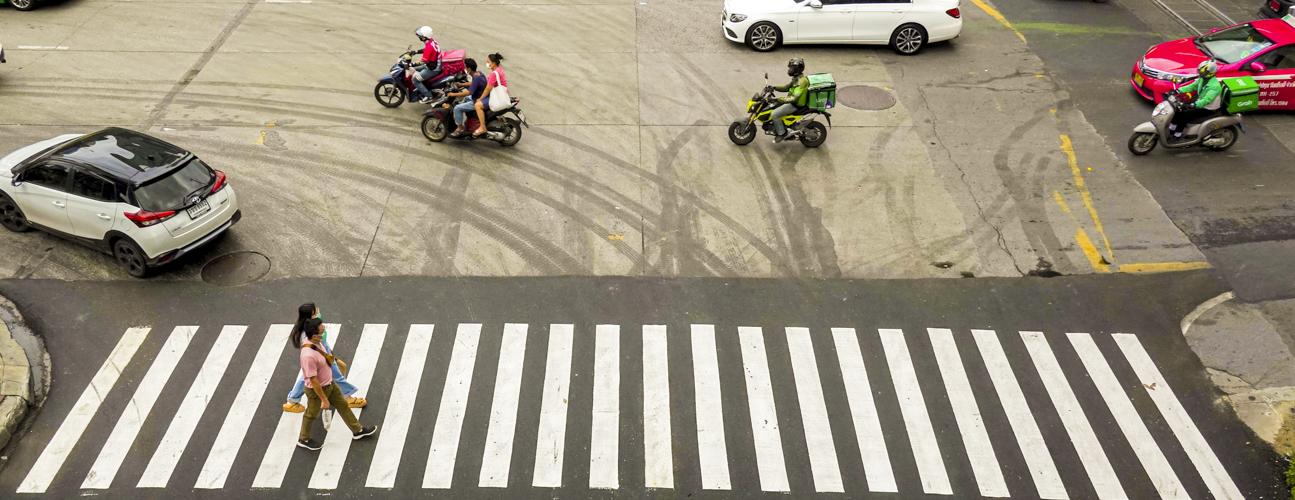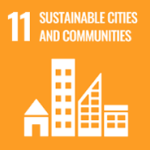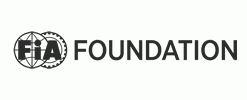
Areas of Impact
Country
The rate of road fatalities in the South-East Asia region is one of the highest in the world at 20.7 per 100,000 population, with riders of powered two and three-wheelers accounting for the majority of the fatalities. Globally, powered two and three-wheelers represent 29% of all deaths and in the Asia Pacific region, this figure increases to 39%. Alarmingly, in South-East Asia, this figure surges dramatically to 62% of all deaths, and in some countries in the region such as Thailand and Indonesia, rider fatalities can be as high as 74%.
The disproportionally high number of motorcycle deaths and injuries in developing countries was acknowledged in the United Nations (UN) General Assembly Resolution A/RES/74/299 adopted 31 August 2020, where the resolution encouraged Member States to develop and implement comprehensive legislation and policies on motorcycles. Hence, to improve road safety in South-East Asia, it is clear that motorcyclist safety should be a priority focus.
Motorcyclists are vulnerable due to the lack of protection as compared to car occupants. Due to this lack of protection, it is vital to focus efforts on crash avoidance technologies in order to increase motorcyclist safety. One of the most effective motorcycle safety technologies available to date is motorcycle anti-lock braking system (ABS). Research has shown that motorcycle ABS can increase rider stability, reduce stopping distances, and decrease rider fatalities by 31%.
To increase motorcyclist safety, there is an urgent need to democratize safety globally through the application of a motorcycle ABS standard and empowering consumers to purchase a motorcycle with ABS. Every motorcycle sold that is not equipped with ABS is an opportunity lost. In April 2018, the UN General Assembly endorsed 12 road safety performance targets for implementation by 2030.
By 2030, 100% of new (defined as produced, sold or imported) and used vehicles meet high quality safety standards, such as the recommended priority UN regulations, Global Technical Regulations, or equivalent recognized national performance requirements.
Despite the availability and effectiveness of motorcycle ABS, penetration of the technology in South-East Asia has been low due to the absence of government legislation and consumer awareness. While Thailand and Malaysia have planned in mandating motorcycle ABS, most targeted countries currently have no plans to accelerate the uptake of the technology in their countries’ legislation. An opportunity exists for more activities to facilitate greater consumer awareness and encouragement of governments to mandate the technology (UN Regulation 78/GTR No. 3). This project proposes a motorcycle ABS initiative in the region as one concrete step towards improving motorcyclist safety in the region. The priorities countries for this project will be the middle-income countries in South-East Asia and include Cambodia, Indonesia, Lao People's Democratic Republic, Malaysia, Myanmar, Philippines, Thailand, and Viet Nam with activity implementation being undertaken specifically in Malaysia and Viet Nam.
Consistent with the Global Framework Plan of Action for Road Safety for Safer Vehicles, the project activities aim to affect legislation through changing the rules and standards for admission of motorcycles to traffic, education through awareness raising of motorcycle ABS for users, support market penetration of motorcycle ABS and provide international regulatory support for adherence to UN Regulation 78/GTR No. 3 for motorcycle ABS under UN vehicle agreements.
1
TO RAISE AWARENESS OF THE BENEFITS OF MOTORCYCLE ABS IN THE SOUTH-EAST SUBREGION OF ESCAP.To raise awareness of the benefits of motorcycle ABS in the South-East Asia subregion of ESCAP
2
TO ENCOURAGE A SUBREGION-WIDE COMMITMENT TO IMPLEMENT MOTORCYCLE ABS LEGISLATION







